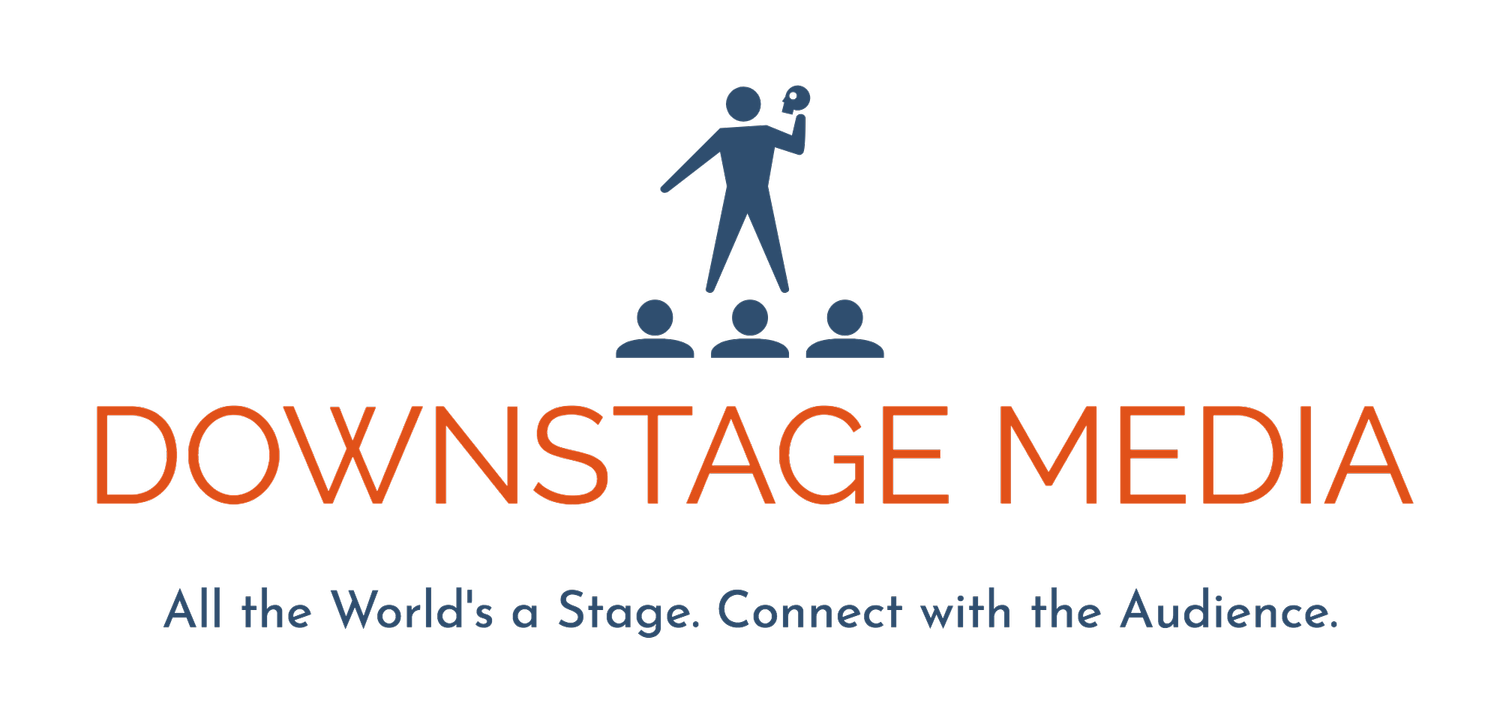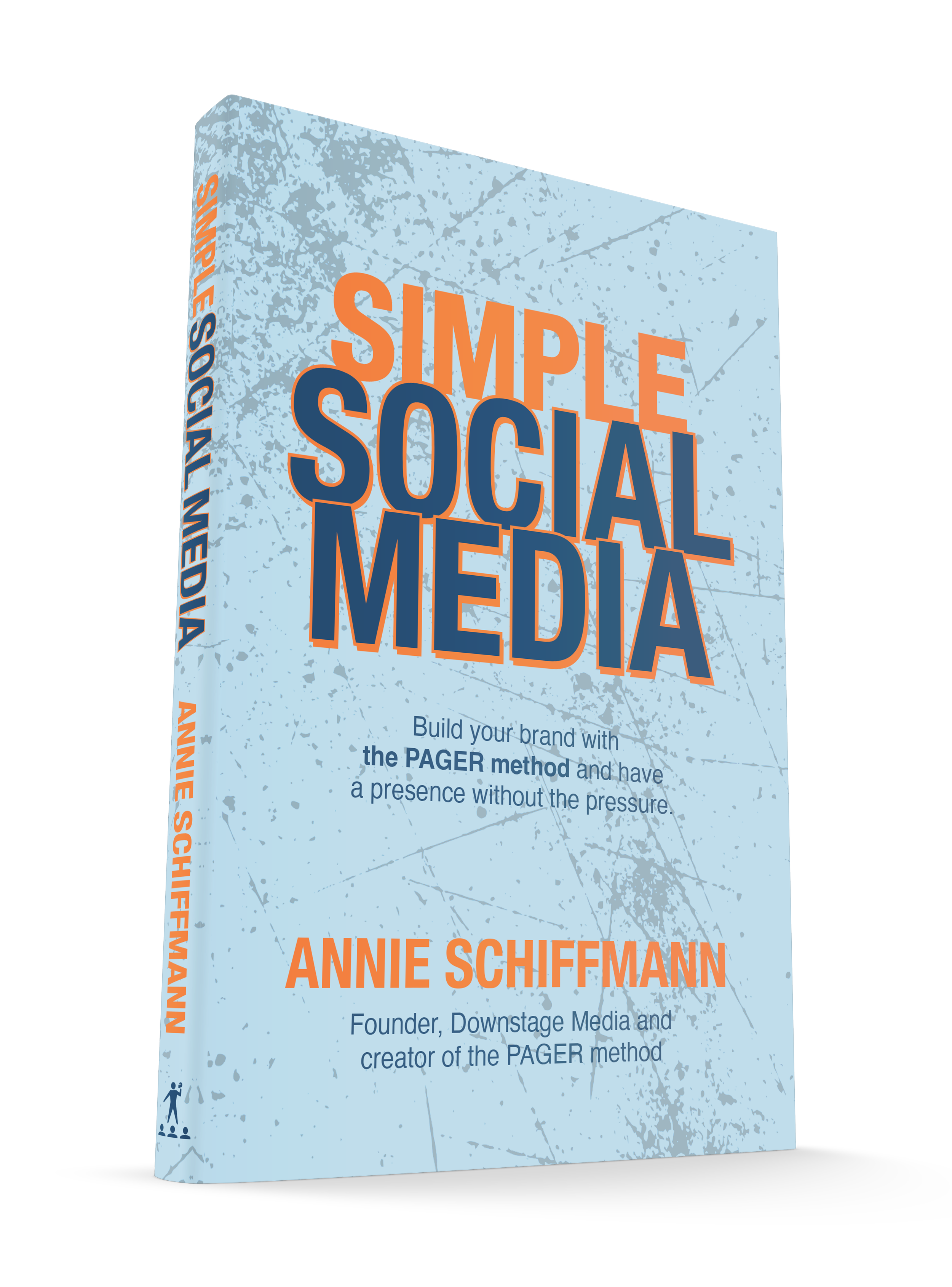Why Blogging Is the Most Important Part of Your SEO Strategy
This article was written by Jennifer Barden, a Website Engagement Strategist, Squarespace and blogging expert, and founder of Jen-X Website Design and Strategy.
If you have a business, then you have a website. And what good is a website if it’s not attracting and engaging your target audience? I mean, you want them to find you so you can grow your business…right?
If you want your website (ie, your BUSINESS) to be found in online searches, then you can’t ignore SEO any longer…sorry.
Annie Figenshu and Jennifer Barden talk through how great messaging and a great design aren’t enough to get people to your website.
But here’s the thing: you can have all the right keywords in all the right places, killer meta descriptions, SEO titles and H1 text, but even the best optimization tactics fall flat without one key component: blogging.
If you’ve been treating your blog as an afterthought or a side project, it’s time to rethink your strategy.
Blogging isn’t just another marketing tool; it’s the backbone of an effective SEO plan. With search engines like Google prioritizing fresh, relevant content, a well-maintained blog can significantly impact your site’s visibility, ranking, and overall traffic.
In this article I explain why blogging isn’t just an add-on to your SEO strategy—it’s the most important part.
Why Blogging Is the Cornerstone of SEO Success
When you think of SEO, what comes to mind? Keywords, meta tags, backlinks?
While these elements are crucial, they all revolve around one central theme: content. And where does most of your website’s content come from? That’s right—your blog.
Blogging allows you to create a steady stream of new, relevant content, which is exactly what search engines are looking for. The more you blog, the more opportunities you have to optimize your site for search engines, making blogging an indispensable part of your SEO strategy.
But it’s not just about churning out any content—it’s about creating valuable, high-quality posts that resonate with your audience. Search engines are getting smarter every day; they can distinguish between content that’s truly valuable and content that’s just stuffed with keywords.
By focusing on consistently delivering quality through your blog, you’re more likely to rank higher in search results and keep your audience engaged.
The SEO Benefits of Regular Blogging
Regular blogging offers several distinct SEO benefits. First and foremost, it boosts your site’s crawlability. Every time you publish a new post, search engines crawl your site, indexing your new content and reevaluating your relevance to different search queries. This continuous flow of content signals to search engines that your site is active, which can improve your rankings over time.
Another significant benefit is the ability to target a broader range of keywords. Unlike static pages on your website, which may focus on just a handful of key terms, each blog post offers a new opportunity to rank for different keywords. By targeting long-tail keywords—those specific phrases that your audience is likely searching for—you can attract more targeted traffic. These long-tail keywords are often less competitive, giving you a better chance of ranking on the first page of search results.
Blogging also helps with internal linking, which is another critical factor in SEO. By linking your blog posts to other pages on your website, you help search engines understand the structure of your site and the relationship between different pieces of content. This not only improves your SEO but also enhances the user experience by making it easier for visitors to navigate your site.
How Blogging Builds Authority and Trust
One of the most powerful yet often overlooked aspects of blogging is its ability to establish your website as an authority in your industry. When you consistently publish posts that highlight you as an expert at what you do, you demonstrate your expertise to both your audience and search engines. Over time, this can lead to higher rankings as search engines recognize your site as a go-to source for quality information in your niche.
Trust is another critical factor. A blog allows you to address your audience’s pain points, answer their questions, and provide valuable insights that they can’t find elsewhere. This not only keeps visitors on your site longer—which is another ranking factor—but also increases the likelihood that they’ll return, share your content, and link back to your site, all of which are beneficial for SEO.
Take Action! Integrate Blogging into Your SEO Strategy
Ready to make blogging the linchpin of your SEO strategy? Grab a copy of my Blogging Quickstart Guide, or join my free class, The 3-Part Framework for Increasing Organic Traffic to Your Squarespace Website.
Hope to see you there!






































